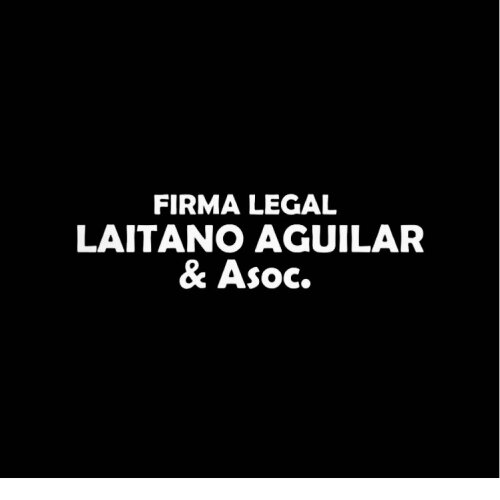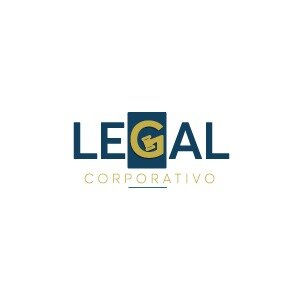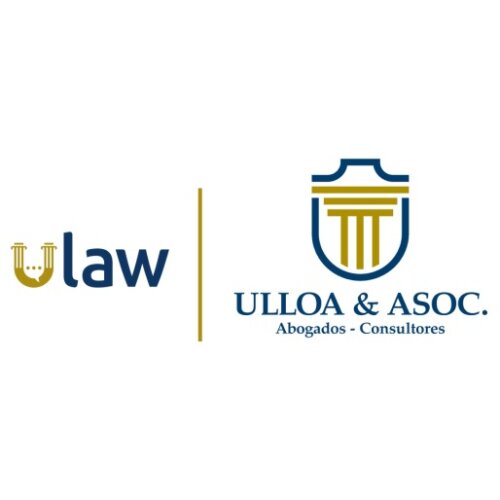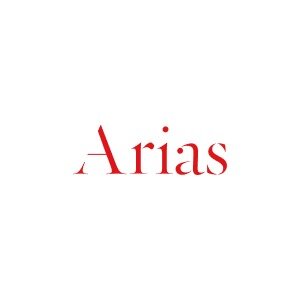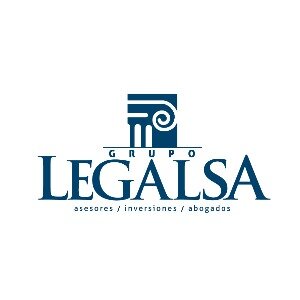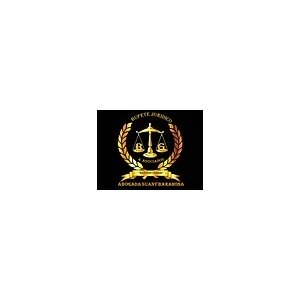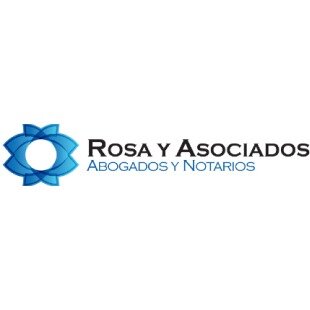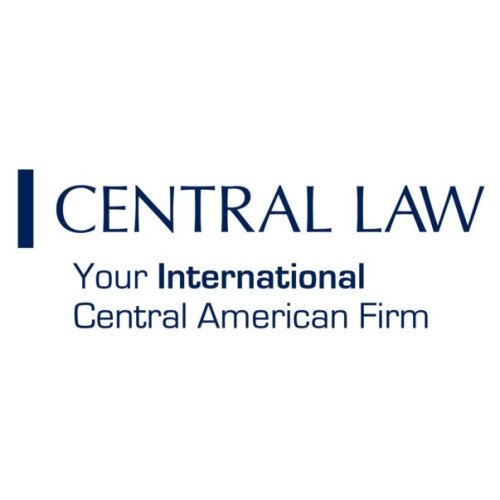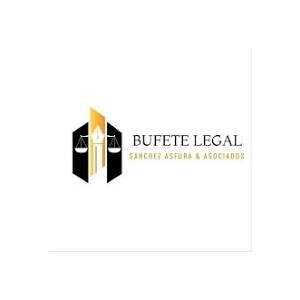Best Renewable & Alternative Energy Lawyers in Honduras
Share your needs with us, get contacted by law firms.
Free. Takes 2 min.
Or refine your search by selecting a city:
List of the best lawyers in Honduras
About Renewable & Alternative Energy Law in Honduras
Renewable and alternative energy in Honduras has seen significant growth in recent years. This sector covers sources of energy that are more sustainable and environmentally friendly, such as solar, wind, hydro, biomass, and geothermal power. The government of Honduras has created policies and incentives to encourage investment and development in these areas, with the main goal of diversifying the country’s energy matrix, reducing reliance on imported fossil fuels, and promoting economic and social development.
To regulate and promote these efforts, various laws, regulations, and administrative procedures have been established. These set the framework for the development, financing, construction, operation, and commercialization of renewable and alternative energy projects within the country.
Why You May Need a Lawyer
Navigating renewable and alternative energy law in Honduras can be complex. Here are several situations where you may require legal assistance:
- If you are looking to invest in or develop a renewable energy project and need help understanding the regulatory environment or obtaining necessary permits.
- If you require assistance with drafting or negotiating contracts with local partners, suppliers, or the government.
- If you are facing disputes over land use, environmental compliance, or community relations.
- If you need guidance on incentives, tax exemptions, or financing options offered by the Honduran government or international organizations.
- If you need help ensuring compliance with local, national, and international environmental standards and regulations.
- If you are involved with purchasing, importing, or installing renewable energy equipment and need advice on tariffs or customs duties.
Local Laws Overview
The legal framework for renewable and alternative energy in Honduras is composed of several key elements. The cornerstone is the Renewable Energy Promotion Law (Decree No. 70-2007), which provides incentives such as tax exemptions and guaranteed pricing for renewable energy producers. The General Law of the Electricity Industry (Decree No. 404-2013) sets out the regulatory framework for electricity generation, transmission, and distribution, including provisions for renewable energy integration and the liberalization of electricity markets.
Other important regulations include environmental impact assessment requirements, land use regulations for energy projects, and rules for connecting renewable energy sources to the national grid. The National Electric Energy Company (ENEE) and the Honduran Energy Regulatory Commission (CREE) play crucial roles in administering these laws, granting licenses, and monitoring compliance.
Foreign and local investors are treated equally by law in the renewable energy sector, and there are protections in place against expropriation. However, proper legal guidance is essential to ensure all procedural and substantive requirements are met.
Frequently Asked Questions
What types of renewable energy are most common in Honduras?
Hydroelectric, solar, and wind energy sources are the most developed in Honduras. There are also smaller projects in biomass and geothermal energy.
What government incentives are available for renewable energy projects?
Some of the main incentives include tax exemptions on importation of equipment, exemption from income tax for a set period, priority dispatch for renewable energy in the electricity market, and fixed purchase prices for electricity produced from renewable sources.
What licenses or permits are needed to develop a renewable energy project?
Developers must typically secure an environmental license, land use permits, generation licenses from the energy authorities, and grid connection agreements. Each project may have specific requirements depending on its size, type, and location.
Who regulates renewable and alternative energy in Honduras?
The main regulatory bodies are the National Electric Energy Company (ENEE) and the Honduran Energy Regulatory Commission (CREE). Environmental matters are supervised by the Ministry of Environment (SERNA).
Can foreign companies develop renewable energy projects in Honduras?
Yes, foreign companies can invest in and develop projects, and they generally receive the same legal protections and incentives as local investors, though compliance with all regulations is required.
How are disputes related to renewable energy projects resolved?
Disputes can be handled through administrative procedures before local authorities, or through the courts. Some contracts may also provide for arbitration or mediation.
Are there environmental impact assessments (EIA) required?
Yes, all major energy projects must carry out an Environmental Impact Assessment and obtain approval from the relevant authorities before beginning construction.
Is there a legal framework for selling renewable energy to the national grid?
Yes, laws and regulations specify the conditions and pricing for interconnection with the national grid, and there are standardized power purchase agreements for renewable energy producers.
What are the challenges facing renewable energy development in Honduras?
Key challenges include navigating the permitting process, accessing financing, ensuring community support, complying with regulatory requirements, and securing favorable terms for energy sales.
How can a lawyer assist me in the renewable energy sector?
A lawyer can help you identify applicable regulations, negotiate contracts, secure permits, resolve disputes, protect your investments, and ensure your project is fully compliant with all local laws.
Additional Resources
If you need more information or want to connect with organizations in the field of renewable and alternative energy in Honduras, consider these resources:
- National Electric Energy Company (ENEE)
- Honduran Energy Regulatory Commission (CREE)
- Ministry of Environment and Natural Resources (SERNA)
- Honduran Council of Private Enterprise (COHEP)
- Honduran Association of Renewable Energy Producers (AHPPER)
- International organizations such as the Inter-American Development Bank (IDB) and the World Bank, which support renewable energy initiatives in Honduras
- Local chambers of commerce and environmental NGOs
Next Steps
If you believe you need legal assistance regarding renewable and alternative energy in Honduras, consider taking these steps:
- Identify your specific legal needs, such as project permitting, contract negotiation, or regulatory compliance.
- Consult with a lawyer who has experience in energy law and understands the Honduran legal and regulatory landscape.
- Prepare any relevant documentation about your project or business plans to help your lawyer provide targeted advice.
- Stay informed about local policy changes or new incentives that may affect your project or investments.
- Engage with relevant governmental bodies or industry associations for up-to-date guidance and networking opportunities.
A qualified legal advisor will help navigate the complexities of renewable and alternative energy law in Honduras, allowing you to advance your project or investment with confidence.
Lawzana helps you find the best lawyers and law firms in Honduras through a curated and pre-screened list of qualified legal professionals. Our platform offers rankings and detailed profiles of attorneys and law firms, allowing you to compare based on practice areas, including Renewable & Alternative Energy, experience, and client feedback.
Each profile includes a description of the firm's areas of practice, client reviews, team members and partners, year of establishment, spoken languages, office locations, contact information, social media presence, and any published articles or resources. Most firms on our platform speak English and are experienced in both local and international legal matters.
Get a quote from top-rated law firms in Honduras — quickly, securely, and without unnecessary hassle.
Disclaimer:
The information provided on this page is for general informational purposes only and does not constitute legal advice. While we strive to ensure the accuracy and relevance of the content, legal information may change over time, and interpretations of the law can vary. You should always consult with a qualified legal professional for advice specific to your situation.
We disclaim all liability for actions taken or not taken based on the content of this page. If you believe any information is incorrect or outdated, please contact us, and we will review and update it where appropriate.
Browse renewable & alternative energy law firms by city in Honduras
Refine your search by selecting a city.



